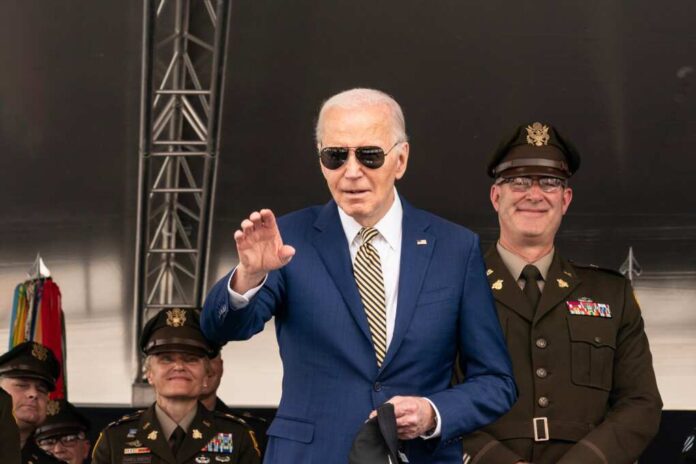
President Joe Biden’s expensive promises to build 500,000 electric vehicle charging stations and provide high-speed internet to rural Americans have largely gone unfulfilled. Despite allocating $7.5 billion for EV stations and over $42 billion for rural internet, progress has been minimal.
Ahead of the 2020 election, Biden pledged to construct a nationwide network of EV charging stations. However, as of last month, only eight stations have been built. Similarly, Biden’s 2021 promise to deliver high-speed internet to unserved Americans through the Broadband Equity, Access, and Deployment (BEAD) program has yet to connect a single home.
Brendan Carr, a Republican commissioner on the Federal Communications Commission, criticized the administration for its lack of progress. He highlighted that despite receiving $42.45 billion from Congress, the BEAD program has not initiated any construction projects and is not expected to do so until 2025.
The BEAD program, intended to bridge the digital divide, has faced significant challenges due to bureaucratic hurdles and complex review processes. Only nine states and the District of Columbia have received approval for the program so far, raising concerns about its effectiveness.
Republican senators have pointed out additional issues with the BEAD program, such as discrimination against certain workers, favoritism toward government-owned networks and a bias against non-fiber projects These factors have contributed to the program’s slow progress.
The administration’s decision to revoke an $885 million award to Elon Musk’s Starlink, which would have connected 642,000 rural locations, has further delayed efforts to improve internet access in underserved areas.
“Looks like Biden’s broadband plan is still stuck in the dial-up era.”














